My mom had a major surgery to remove over 10 inches of her colon a few years back. The result was a life-changing ostomy bag that she would need to wear for the rest of her life. During her three months of recovery from the bag, she started reading about foods that were more friendly toward a stoma. Her outside excrement hole is a little more sensitive than the inside “real” hole, so I wanted to make sure some foods didn’t make her go outside more often or with some pain.
You may think the pouch you wear for your ostomy is the only thing that matters to having a successful ileostomy, colostomy, or urostomy recovery. While that is true for how it functions, there is still a simple way to keep your digestive system healthy while wearing a bag, and that’s why you should avoid these foods when you have a stoma. Ostomy bag at ConvaTec is used by people with conditions such as ulcers and colitis, where the waste from the bowel cannot be easily passed out of the body naturally.
This waste must be removed by placing a plastic pouch onto the sufferer’s abdomen and flushing it out with water through a flange attached to it. While this process isn’t exactly fun, there are some foods you can eat to make life easier when you have an ostomy bag. It’s important to consult your doctor before ingesting any food, but these foods should work well for most people.
There are some foods to avoid with an ostomy bag. Below is a list of foods to avoid when living with an ostomy:
1. Fizzy drinks
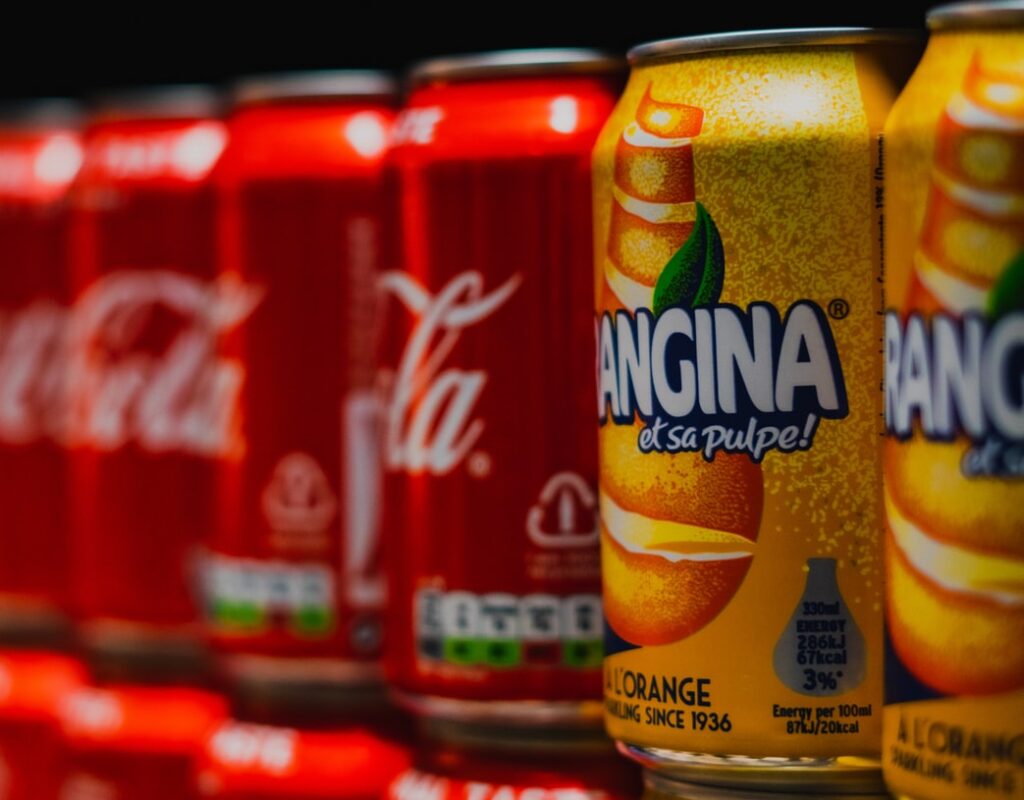
On average, a can of soda has about 10 grams of sugar – 80 calories – meaning they add empty calories to your diet. The average can of cola contains 39 grams of high-fructose corn syrup (HFCS), equivalent to 15 teaspoons (75 grams) of sugar. The excessive acidity in carbonated soft drinks creates an environment in the stomach where normal digestion is disrupted, causing undigested food particles to flow into the intestines too soon. This leads to gassiness, bloating, cramping, and diarrhea soon after drinking soda.
2. Veggies
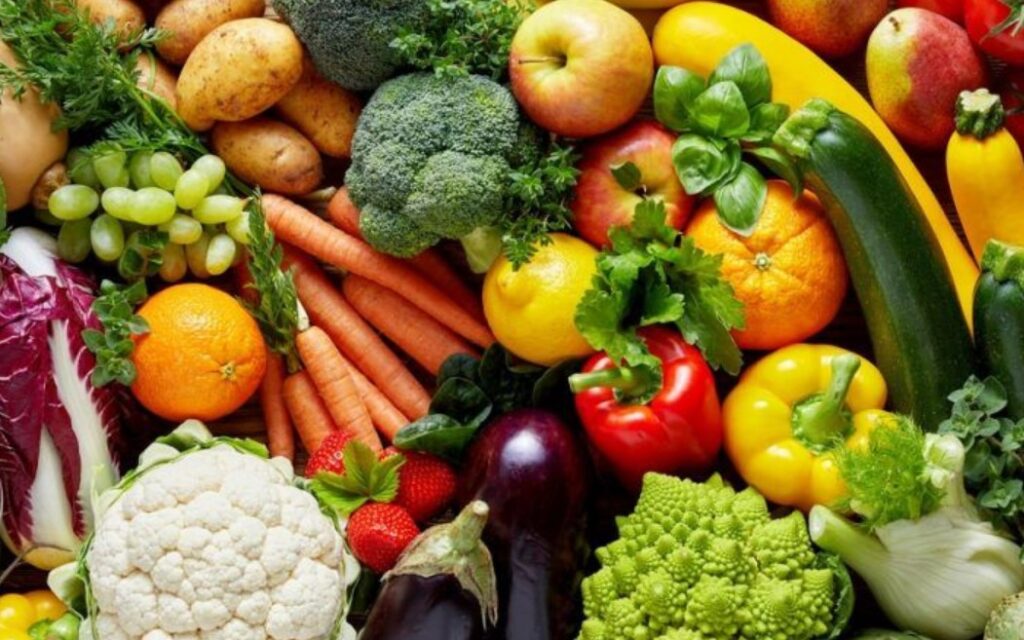
Foods that contain proteins and fiber, such as beef, pork, chicken, turkey, fish, granola, oatmeal, almonds, and peanuts, are common culprits in causing the worst gas. It’s a commonly held belief that certain veggies will make you gassy. It’s even been proven that one of the most offensive vegetables is broccoli – they say that it has a particularly strong chemical odor that smells worse after being cooked.
The gases produced when you’re burping or farting are known as flatus, and they can occur both in animals and humans. Flatus comprises different components, including oxygen, nitrogen, hydrogen, carbon dioxide, and others. Belgic acid is one of the gases produced in flatus that helps contribute to unwanted body odor.
3. Fruits
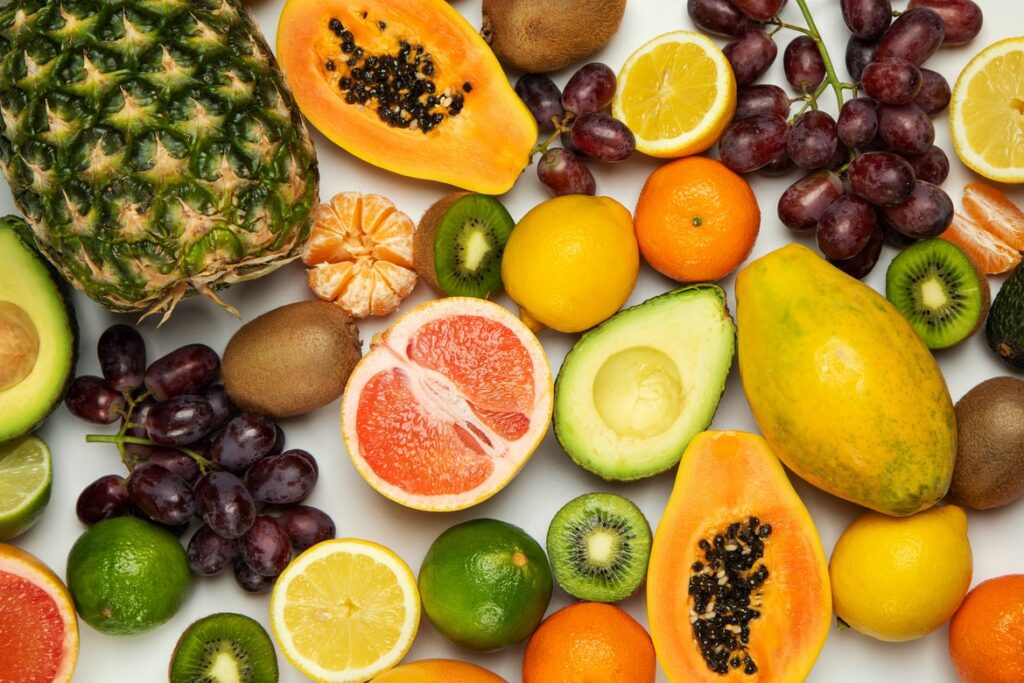
Fruits are among the most beneficial types of food out there. However, not all fruits are equally good for everybody. Fructose, the main sugar in fruit, causes digestive problems in some people, and others may develop diarrhea or experience excessive gas after eating fruits that contain high sorbitol levels. While these foods don’t worsen diabetes or other conditions that cause chronic diarrhea, they may not help your particular condition either.
4. Carbs
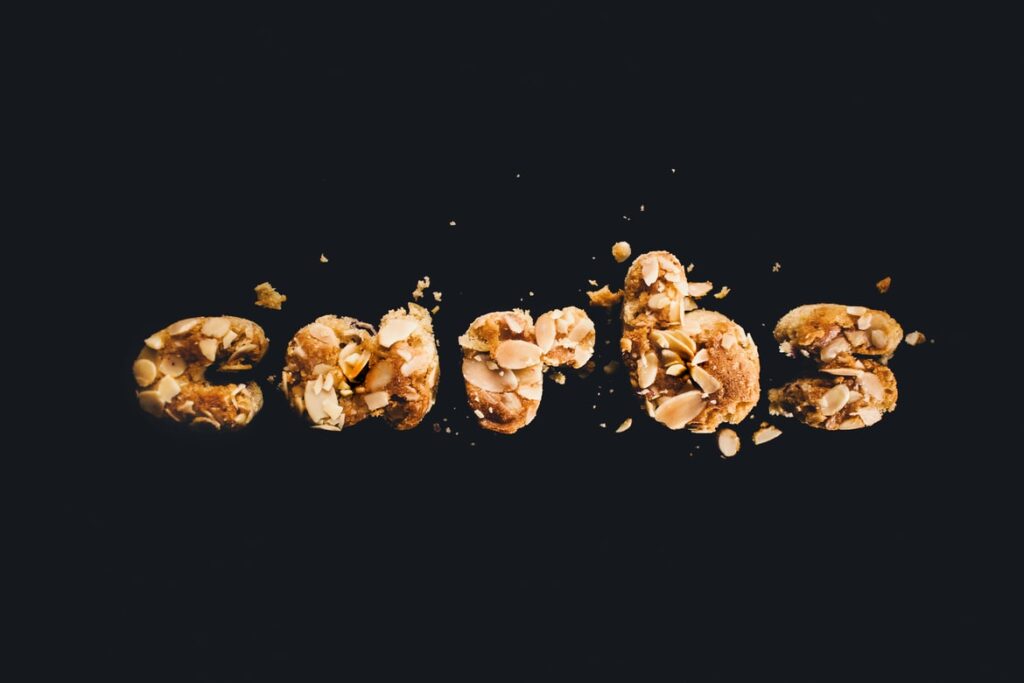
The most common reason for excessive wind is consuming too many starchy carbohydrates. Starchy carbohydrates are found in foods such as white bread, pasta, potatoes, and cereals. When enzymes break these down in the digestive tract, gasses are produced. Proteins, fats, and fibers can also cause gas, but starchy carbohydrates are the most common culprit of this digestive problem.
Gas is often blamed for causing bloating problems, but the truth is that the majority of the time, gas bloating results from foods rich in starchy carbohydrates. Starch is a carbohydrate made up of long chains of glucose molecules. Starch is found in plant-based foods such as bread, pasta, rice, potatoes, and breakfast cereals, but not many animal products.
Since grains are common allergens for many people, it’s best not to eat them if you suffer from gas or bloating after eating. While some people may be able to deal with flatulence quite easily, others can’t seem to shake it off no matter what they do. If you fall into the latter category of these individuals, try giving up starchy carbs and see if your flatulence levels continue to be as high.
5. Oatmeal
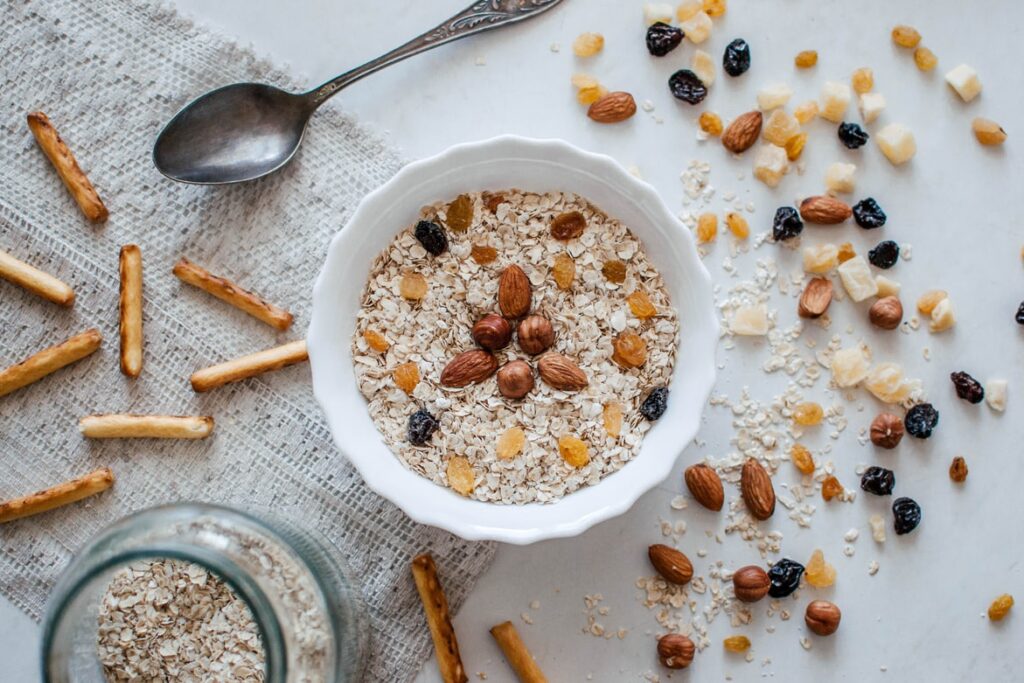
Popped a big bowl of oatmeal this morning? Perhaps you should be loosening your belt a notch right about now. That’s because the high-fiber content in oatmeal is one of the main reasons it can lead to flatulence and bloating. A 2011 report from the Journal of the American Dietetic Association found that oatmeal was the top offender for gas-causing foods.
Oatmeal is a nutritious breakfast. But it could make you fart. Farts are produced when air is passed through the digestive system, sometimes causing flatulence. You don’t need to cut down the amount of oatmeal you eat because its flatulence is not related to dietary fiber intake.
Foods you should eat
If you have an ostomy, eat non-fat or low-fat skimmed milk. Eat milk like olives and bananas to avoid constipation. Avoid glutinous food like sweets, cakes, pastries, and puffed rice. Eat more vegetables; they help detoxify the system. If you have an ileostomy, I can’t stress enough how important it is to eat low-fat or non-fat skimmed milk. My 5’2″ Dad had an ileostomy after a rare type of melanoma that spread into his bowel, which made him need a small intestine resection.
It’s been over a year since his operation, and the only thing that helps keep his stoma from getting flush is to drink at least 2L of non-fat or low-fat skimmed milk every day. I’m a big fan of drinking a big glass of skimmed milk straight in the morning because it has a lot of proteins, which helps me recover quicker after my morning workout. You probably already know that a good diet is critical for a healthy digestive system. But did you know that a healthy diet can improve your outlook and even your ability to fight disease?
That’s right, eating yogurt can help keep your ostomy site happy and healthy. If you have an ileostomy or a colostomy, then you probably know that your body requires more protein per day than if you don’t have an ostomy. This is because the intestine contents are now no longer contained in the intestine but in a bag outside of it, and bacteria from the stool need to be broken down.
If one doesn’t consume enough lean animal proteins, one can become deficient in amino acids and is at risk of developing a condition known as “malabsorption,” when one’s colon absorbs too much water out of the stool. This can eventually lead to dehydration and kidney stones.
Nuts and ostomy? You bet! We all know the health benefits of nuts…loaded with vitamins and minerals, and they can help reduce cholesterol and improve circulation. If you have colostomy or ileostomy, eating fiber is especially important. Fiber is necessary to maintain good digestion and flush out toxins in your body (a natural bowel movement). It’s recommended that people with an ostomy intake about 30g/day of fiber.
Related Posts:
- 4 Foods You Should Avoid Eating After Tooth…
- Eating Foods Maintain Good Health And Control Your…
- Dining Out on Keto: 5 Low-Carb Foods You Should Be Choosing
- Akatsuki Season 2: All Details that You Can’t Avoid
- 10 Event Marketing Mistakes And How To Avoid Them
- Avoid Common Mattress Industry Scams - Tips to Get…







